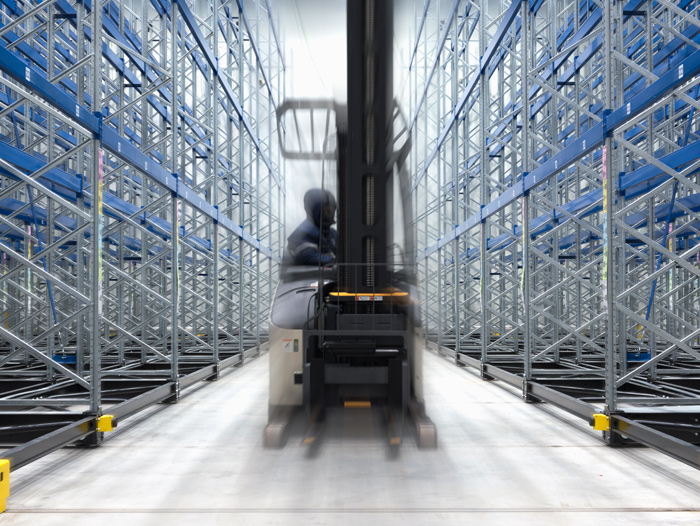United Nations and Industry Team to Announce World Cold Chain Symposium: “Promoting Sustainable Cold Chain: From Data to Action”
August 19, 2021 | 3 min to read

Washington, DC – The Global Food Cold Chain Council (GFCCC) and the United Nations Environment Programme (UNEP) OzonAction are convening for a virtual World Cold Chain Symposium on Sept. 14, 2021, sponsored by Carrier Global Corporation. The session “Promoting Sustainable Cold Chain: From Data to Action” will focus on: international policies and technology directions related to the sustainable cold chain solutions and their contribution to a global environmental and sustainable development agenda and discussing several ongoing industries supported initiatives and programs aimed at tackling the cold chain program in terms of data and tech assessment as well as technology selection and best practices. Participants will include high-level expert representatives from government, industry, the international community and Non-Governmental Organizations (NGOs) are to participate.
There is growing recognition of the need for more attention and actions on sustainable cold chains for food security public health, environmental, and economic reasons. The symposium is one of a number of important international events that will explore the issue, including notably the upcoming United Nations Food System Summit in September, the next meetings of the Parties to the Montreal Protocol in October, and 26th UN Climate Change Conference of the Parties (COP26) in October-November.
The symposium will highlight many efforts occurring within UNEP on this subject, including the Joint GFCCC/UNEP OzonAction database and modelling program, the work of the UNEP Cool Coalition, actions that support the Rome Declaration on the Contribution of the Montreal Protocol to Food Loss Reduction through Sustainable Cold Chain Development, and efforts to develop appropriate financial mechanisms for national capacity building and initiation of technology projects.
Information and Registration can be found at the Symposium website: wccs.foodcoldchain.org
“Great momentum is being created with national and international initiatives to reduce food loss and waste,” said Jim Curlin, Head of UNEP OzonAction, “Our goal is to encourage the adoption of cold chain technology that meets societal needs in an environmentally sustainable way, and thereby contributes to achieving multiple Sustainable Development Goals.”
The GFCCC and OzonAction recently announced the launch of the Cold Chain Database and Modeling initiative. The initiative was developed to assist developing countries in identifying their cold chain baselines in order to support the expansion of sustainable cold chain in their countries , reduce food loss and waste, and meet environmental objectives. The launch comes in advance of the United Nations Food Security Summit, and is key to the framework for supporting expansion of a sustainable cold chain on a global basis.
“The GFCCC/UNEP OzonAction Cold Chain Database and Modeling initiative is just an important step in a global approach to reduce food loss and waste, increase food security, and reduce greenhouse gas emissions through expansion of a sustainable cold chain,” said GFCCC Executive Director Kevin Fay.
UNEP OzonAction has been strengthening the capacity of governments – particularly the operational focal points for the Montreal Protocol, known as National Ozone Units (NOUs) – and industry in developing countries to elaborate and enforce the policies required to implement the Protocol and to make informed decisions about alternative technologies. Its overall goal is to enable those countries to meet and sustain their compliance obligations under the treaty. OzonAction is part of UNEP’s Law Division.
GFCCC is an independent not-for-profit industry organization that seeks to simultaneously reduce food waste, and related greenhouse gas emissions in the processing, transportation, storage, and retail display of cold food by expanding and improving access to energy efficient low-global warming potential technology.
